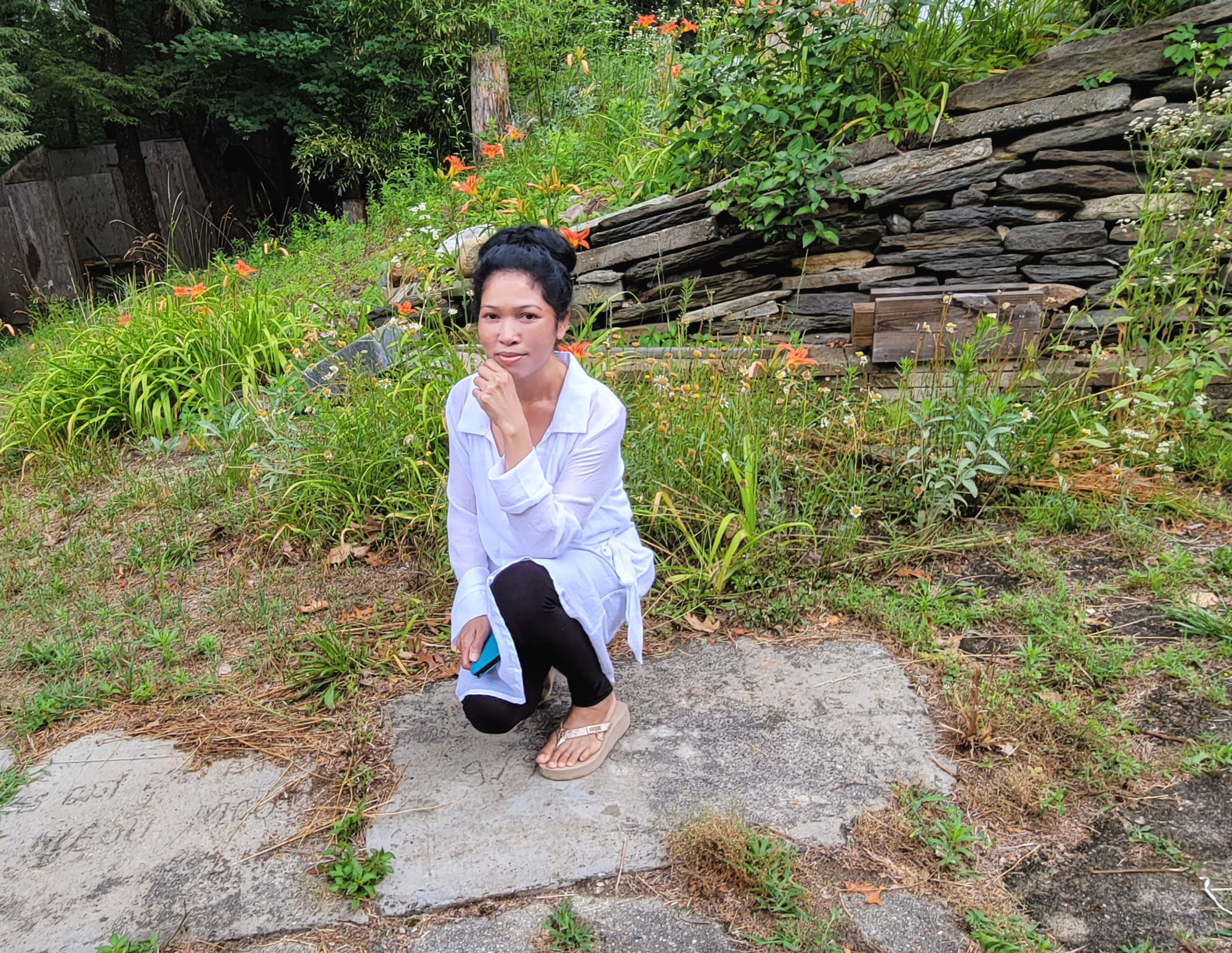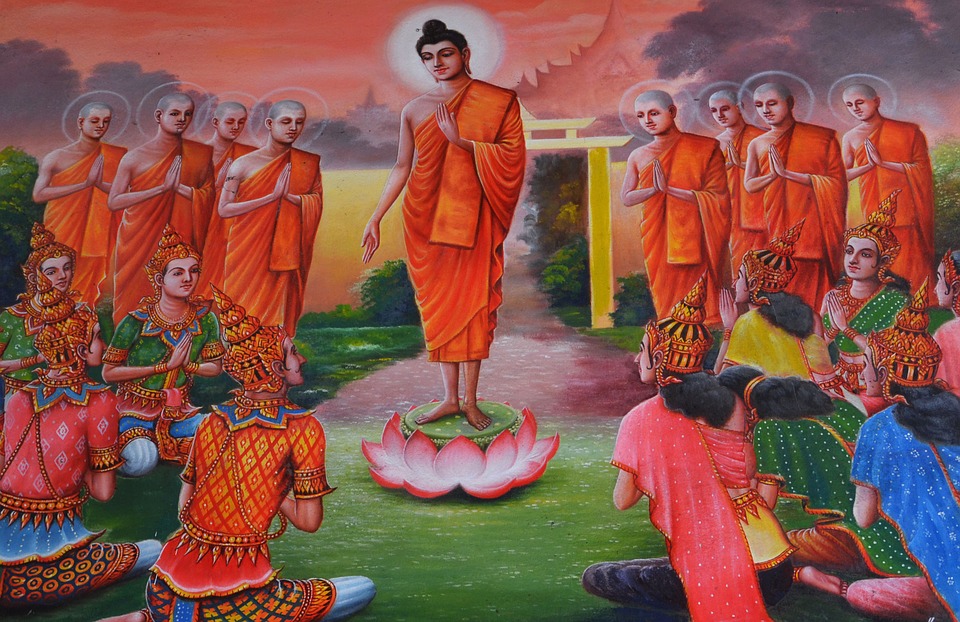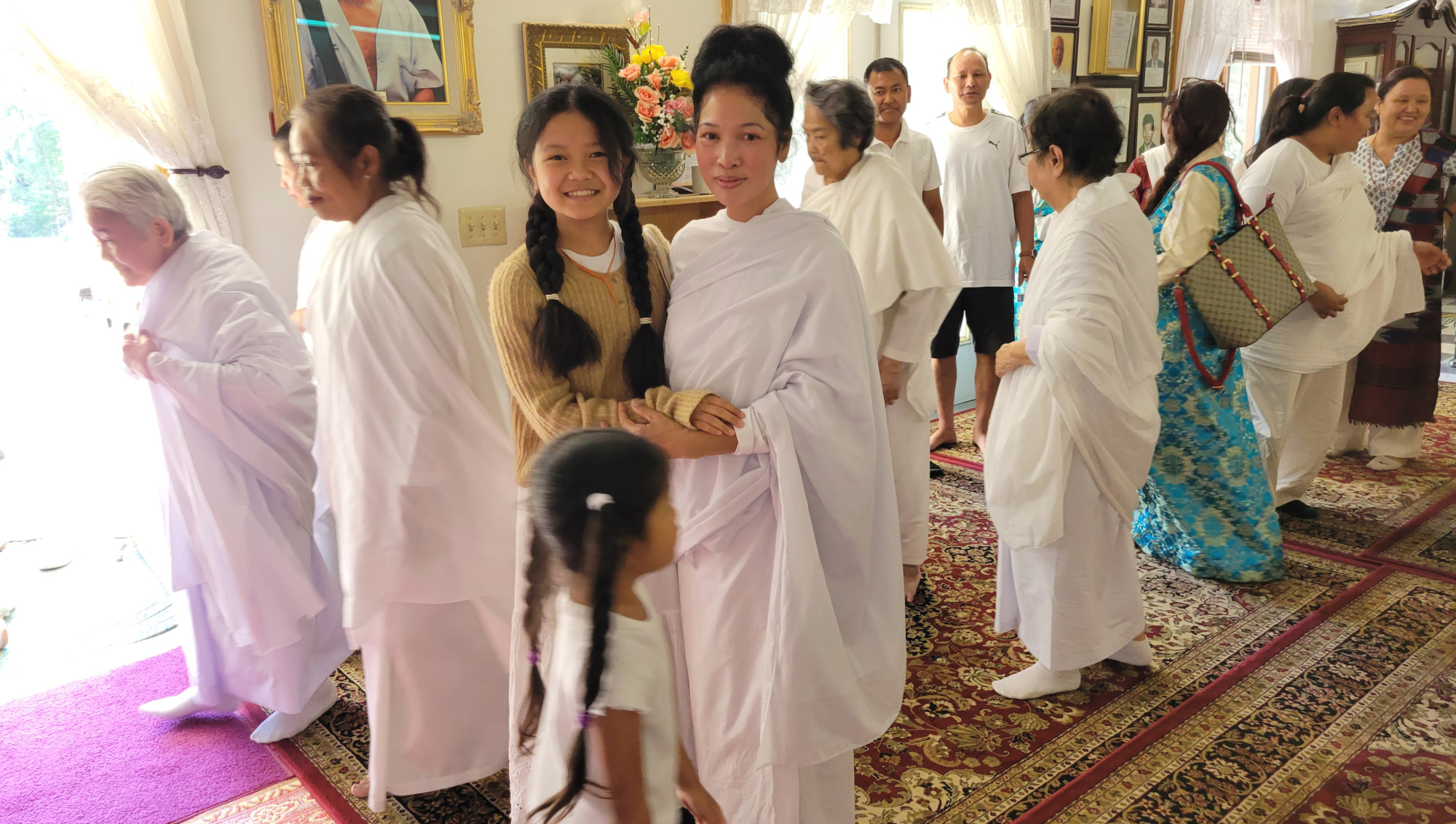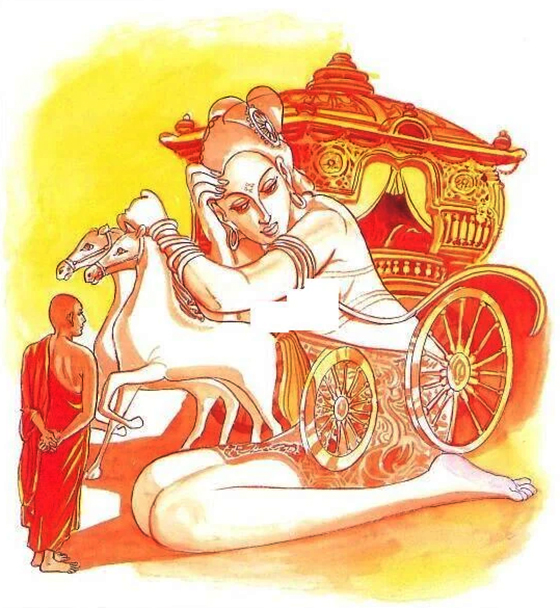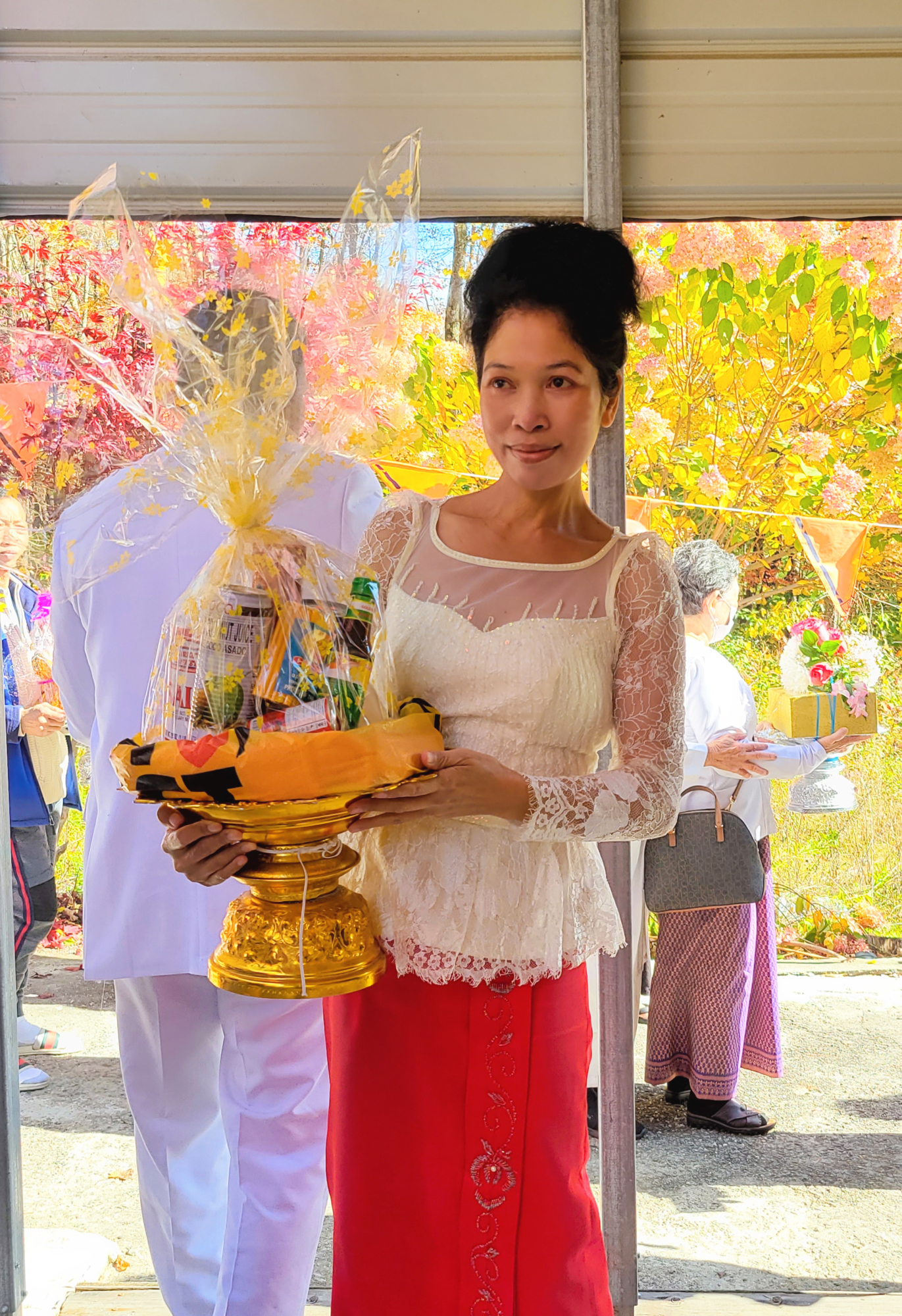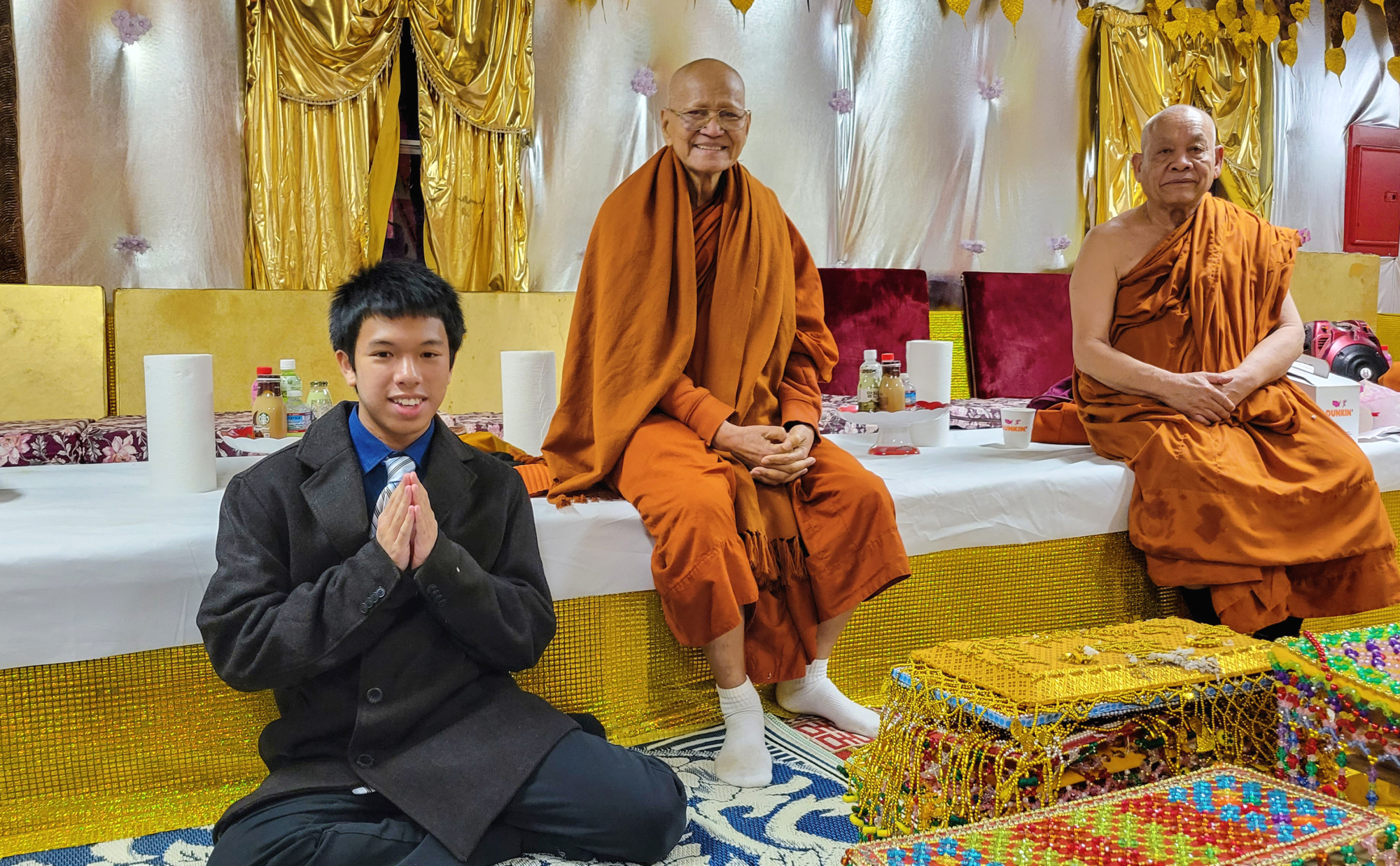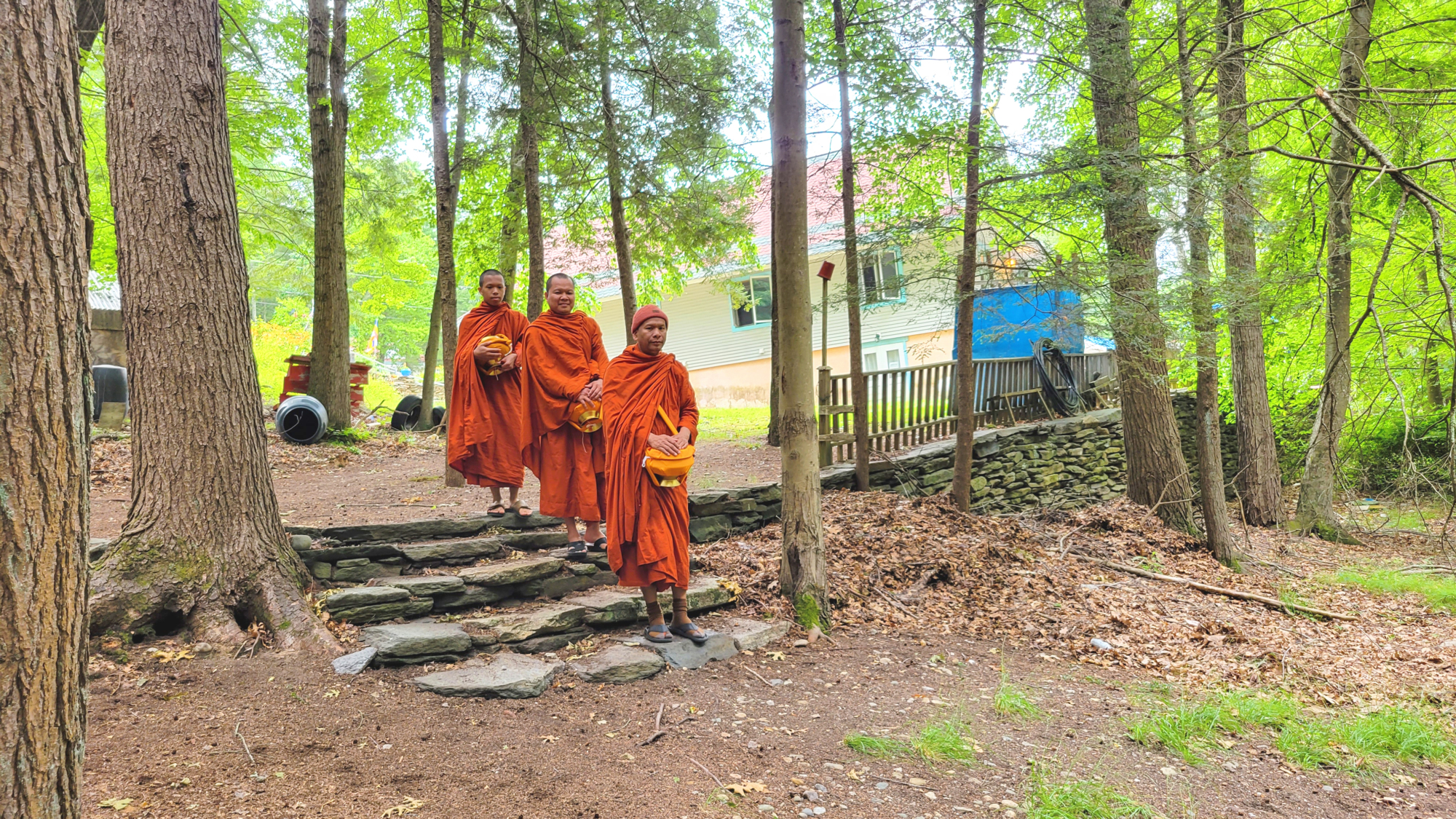When your mind is tranquil
When your mind is tranquil, all your ill-thoughts cease. ~Unknown
Do you feel that praise is easy to let go of and criticism is hard to let go of? They are really equal. But when we are praised we don’t feel disturbed; we are pleased, but it’s not a sharp feeling. Criticism is painful, so we feel it’s hard to let go of. Being pleased is also hard to let go of, but we are partial to it so we don’t have the same desire to get rid of it quickly. The delight we take in being praised and the sting we feel when criticized are equal. They are the same. But when our minds meet these things we have unequal reactions to them. We don’t mind being close to some of them. ~Ajahn Chah


